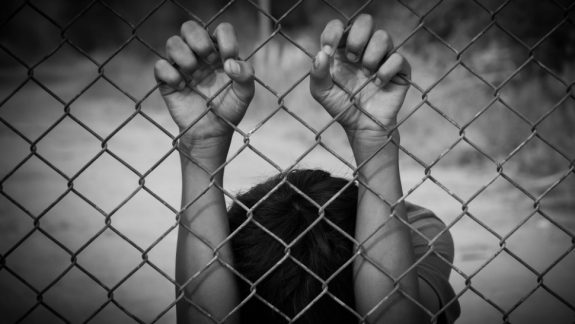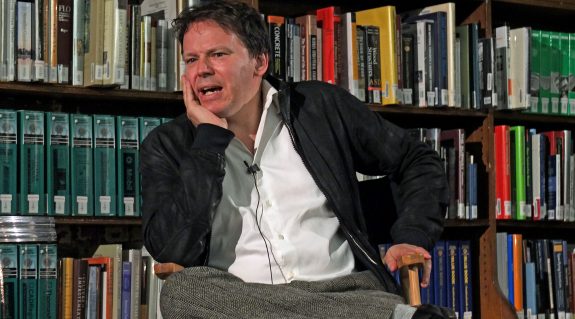Invitation To Country
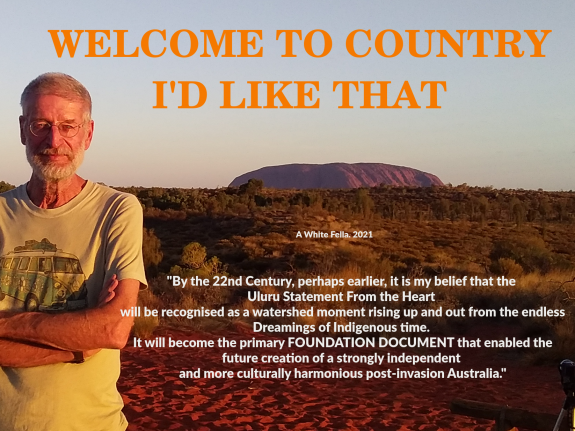
[Extract: By the 22nd Century, perhaps earlier, it is my belief that the Uluru Statement From the Heart will be recognised as a watershed moment rising up and out from the endless Dreamings of Indigenous time. It will become the primary Foundation Document that enabled the future creation of a strongly independent and more culturally harmonious post-invasion Australia. Keith Davis 2021)]
I would like to attend an Indigenous ceremony that welcomes me to Country. Why would I like to do that? Well, over the course of my lifetime I have gathered my reasons.
The thought of Welcome to Country digs deep into the question of what it means to be an Australian in the modern era, and it asks what commonality of Identity do we all share as Australians given the wealth of different cultural backgrounds we all come from.
The Australian Identity problem, to me, appears to be that the dominant mainstream culture in Australia controls the narrative around what an Australian Identity really is. New Citizens to the country are welcomed in a largely anglo/celtic ceremonial way. Cannons boom, flags wave, Politicians drone their speeches, swearing on rather than at Bibles gets a look in, and the New Citizens get a spiffy Certificate devoid of any sort of heartfelt apology for all the hurtful hoops they had to jump through to be finally accepted here in the first place.
I don’t have a problem with the fact that I come from an anglo/celtic background, I’m proud of it, and I even have a tattoo of the Celtic Tree of Life on my left arm. So I don’t have a problem in that area – but where I do feel an unease is over the fact that New Citizens to this country are welcomed here by the usurpers of a never ceded Indigenous Sovereignty. Those usurpers, as the dominant culture, claim the right to conduct the Welcome to Country at the national level. Doesn’t seem right does it?
As the truth-telling of the bloody and brutally violent history of the recent takeover/theft of this land by Europeans takes traction in the consciousness of mainstream Australia, it appears to me that the time is right not only to reset not only how we see ourselves, but also to re-craft an Australian Identity that is inclusive of us all.
Nobody has to agree with my line of thought on these matters, it is my line of thought, and I am well aware that there are many different lines of thought on this subject matter out there. But in for a penny as well as a pound as the old saying goes …
As a blue-blood anglo/celtic Australian, blue-blood in the sense that my ancestors on both sides were convicts who were banished to the other side of the world for pilfering a bolt of cloth or something, I could easily sit back and feel smug about where I sit on the Australian Identity Continuum. I don’t however, sit back in such smugness.
On one level, undeniably, I’m Australian. I’m a citizen of this Commonwealth. I even drive a Holden which thankfully is not a Ute and it does not have ‘patriotic’ flags waving nationalistically out of every window.
On another level I feel distinctly unsettled about the type of Australian Identity that has been crafted for me over the last two Centuries or so by the dominant culture that currently holds sway in this land.
There are some undeniable facts that cannot be massaged or fiddled away because of the faux outraged pettiness of dominant cultures.
The oldest contiguous culture on this planet escaped total decimation/genocide after 1788 by the skin of its teeth. As Indigenous Culture resurges with ‘We have always been here, still are, and you will see us and hear us’ it gives all of us a chance to consider an identity reset.
It all makes me want to ask a question that I at least have never heard asked before.
Because I was born on this land in 1952, because I am of this land, because gum scent is in my nostrils and because red dirt layers the soles of my feet, am I part of the oldest contiguous culture on this planet, or am I just an add-on?
I have certain feelings on this matter but only an Indigenous person could probably give me a clear answer to that one – an Indigenous person whose ancestors and self never ceded their sovereignty to my ancestors, or to my self, or to anybody else.
As young Indigenous Activists, and older ones as well, prod us to acknowledge the truth of our own history, and encourage us to learn and grow and walk equally side by side with them, it raises so many questions about the underlying Spirit of contemporary Australia.
I take as a given my right to have a Representative Voice in our Parliament. That Parliament and the system of governance it represents derives from the background culture of the anglo/celts (not discounting the earlier input to that system of the Britons, Danes, Vikings, Normans etc etc) and the invading English dumped their system of values and laws on this shore, and those values and laws eventually morphed into our system of Parliamentary Governance, and that system rode roughshod over the Indigenous Sovereign Laws and Lore that had existed here for untold thousands of years.
So … here we have a Parliament. I have a Voice in that Parliament. But the original and still owners of this land are continually denied their Voice in Parliament and a seat around the grand parliamentary table by our politicians and by our mainstream culture. Demolishes the myth of Australian egalitarianism don’t you think?
The Uluru Statement From the Heart was a combined First Nation’ effort to reach out to us and offer up a shared way forward. Our Parliament, the Parliament that speaks in our name, viciously riposted to the Statement by dumping it and the attendant hopes in the rubbish bin. There was no effort to meet halfway, there was no meeting of Spirit. The utter rejection of the Statement blights us all.
I don’t believe that the Uluru Statement From the Heart will continue to lie quietly in the background, nor will it allow itself to be ignored. By the 22nd Century, perhaps earlier, it is my belief that the Uluru Statement From the Heart will be recognised as a watershed moment rising up and out from the endless Indigenous Dreamings of time. It will become the primary Foundation Document that enabled the future creation of a strongly independent and more culturally harmonious post-invasion Australia.
Big words those might be. Fact is we have to look back and acknowledge truth, then seek a way to move forward together. The Uluru Statement offers us that way forward.
Sometimes in life little moments happen in our interactions with other people and those moments stick around in the back of our skull boxes for some reason .. here’s an example of that.
Almost two years ago I did an epic road trip out into the Australian Deserts, not a bad effort for an avowed stay at home hermit. On the road between Lake Eyre and Uluru I stopped to assist some Aboriginal men whose car had broken down – long story short it created the need for another epic trip of sorts to the nearest but far away Aboriginal Settlement in order to pick up a hose to syphon petrol from my car to theirs. It made time for an interesting conversation …
The other blokes stayed with their car and their leader came with me and directed me on the quest to find that elusive hose. I’m paraphrasing from memory here a bit, and we had quite a few laughs along the way at our mutual ineptitude at trying to find something as simple as a bit of garden hose out in the Desert of all places, but here’s the gist of the conversation …
“For a White Fella you seem to at least have half a brain so I want to be truthed up. I know you sensed that things could have gone bad today. Well nothing went bad because we all said to each other he’s the only White Fella who stopped.”
As one does I thought of a couple of things … since they were six fine examples of Aboriginal manhood I reckon I’d have lasted a magnificent three seconds into the first Round , and then I asked him why would I be hated or be a target?
“You are not hated Brother. We don’t hate White Fellas. You are not hated because you were not scared like the others who flashed past and you stopped out here with us. What we hate is what your Mob did to us. We hate that.” Serious stuff, and laughs, it was quite a conversation. How could it not make me think about the need for real change in Australia?
Another short moment to relate … at the underground bar in Coober Pedy I had a conversation without words with an old Aboriginal man … we both sat there in an alcove amongst all that resplendent touristic finery with a bottle of Italian beer in our hands and our eyes met … without words we smiled at each other and clinked our bottles … again, it was quite a conversation … an old white hermit and an old black member of the oldest contiguous culture on this planet … both sitting there feeling out of time and place yet recognising each other and wishing each other the best of good cheer. You see, it really is possible, with the Spirit of meet, hands really can extend towards each other.
My wish to be Welcomed to Country by a representative of First Nations’ People might just seem like a hollow goody-two-shoes symbolic act by some, and others may tag me a leftist bleeding-heart wishing for the seemingly impossible. I don’t care because I am neither of those things. All of us as human beings have to work out for ourselves the values that we carry around in our own hearts. I do not buy into the Australian myth of who I am supposed to be, and nor will I allow any Identity to be imposed upon me.
Only an Indigenous person can tell me whether or not my wish to be truly Welcomed to Country is culturally appropriate from their point of view. If they say no I’ll say fair enough. However, if they say yes and “quit yapping on about it you old bozo and get your skinny skin over here so we can get the thing done”, well, I’ll scoot over there with bells on.
All of us think, and I’m sure that most of you realise that, given the bloody nature of the earlier history of Australia, for any one of us to be truly Welcomed to Country by an Indigenous person is not a light flick-away feel-good thing. It is not like the Welcome to Country that we get when we attend the first day of a Cricket Test.
To be truly Welcomed to Country requires both parties to stand together, and look back together, and for one party to acknowledge the pain and suffering caused and the generational disadvantage imposed and the benefits accrued to that party by being a modern day beneficiary of all the terrible things that went on before, and for the other party to speak and be heard and to not hold back on the depth of the wounding and pain and that deepest deepest sense of loss. So there is nothing ephemeral about such a real Welcome to Country. That is my view.
Such a meeting of true Spirit could have the power to resonate strongly and cut through the apathy and judgemental indifference and the spurning that our, our, mainstream culture directs towards the First Nations’ People of this land. Like anything else in Australia real change on serious issues comes from the ground up, it comes from individual people who see the need for change coming together to create that change.
Before I die I want to be Welcomed to Country, my country, by the only People who can do such a thing. I don’t want pomp and ceremony, booming cannons, political double-speak, hands on supposedly holy books, or any other of that made up guff. I want to be drawn into, and invited to feel a welcomed part of, the timeless Spirit of this Land.
Like what we do at The AIMN?
You’ll like it even more knowing that your donation will help us to keep up the good fight.
Chuck in a few bucks and see just how far it goes!










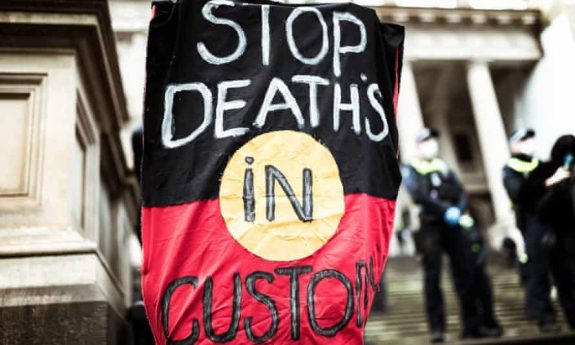
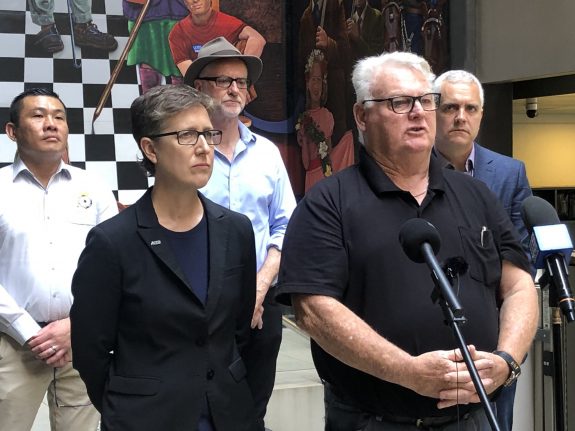
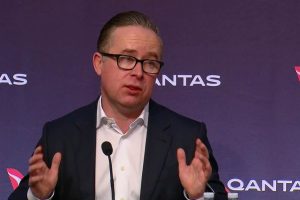
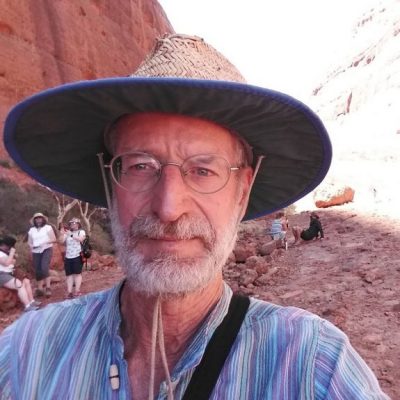
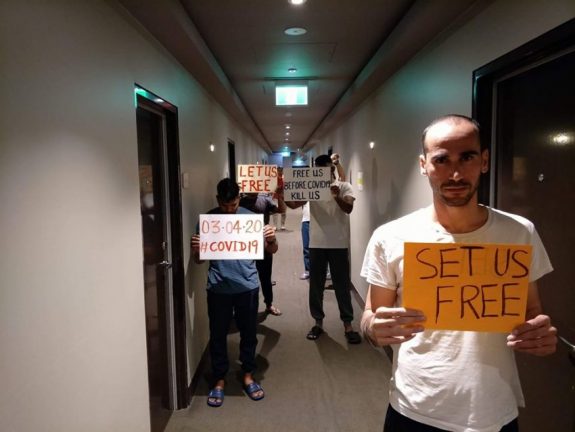

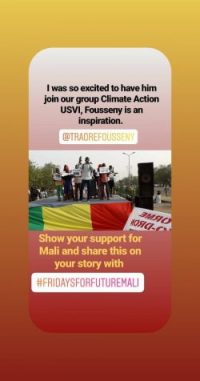 This is what I heard. Fousseny is from Bamako, Mali West Africa. In 2019 Fousseny Traoré led the
This is what I heard. Fousseny is from Bamako, Mali West Africa. In 2019 Fousseny Traoré led the 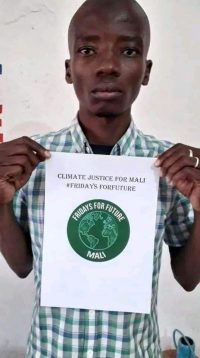
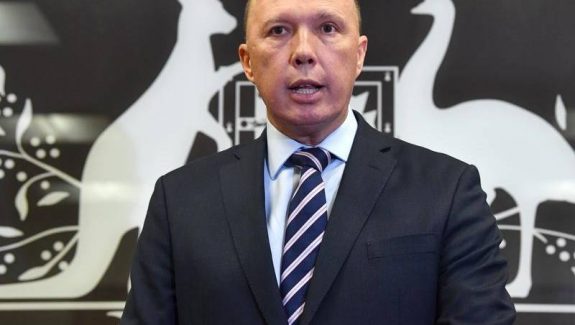
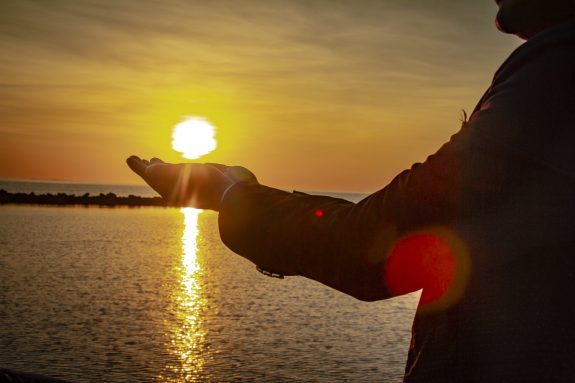
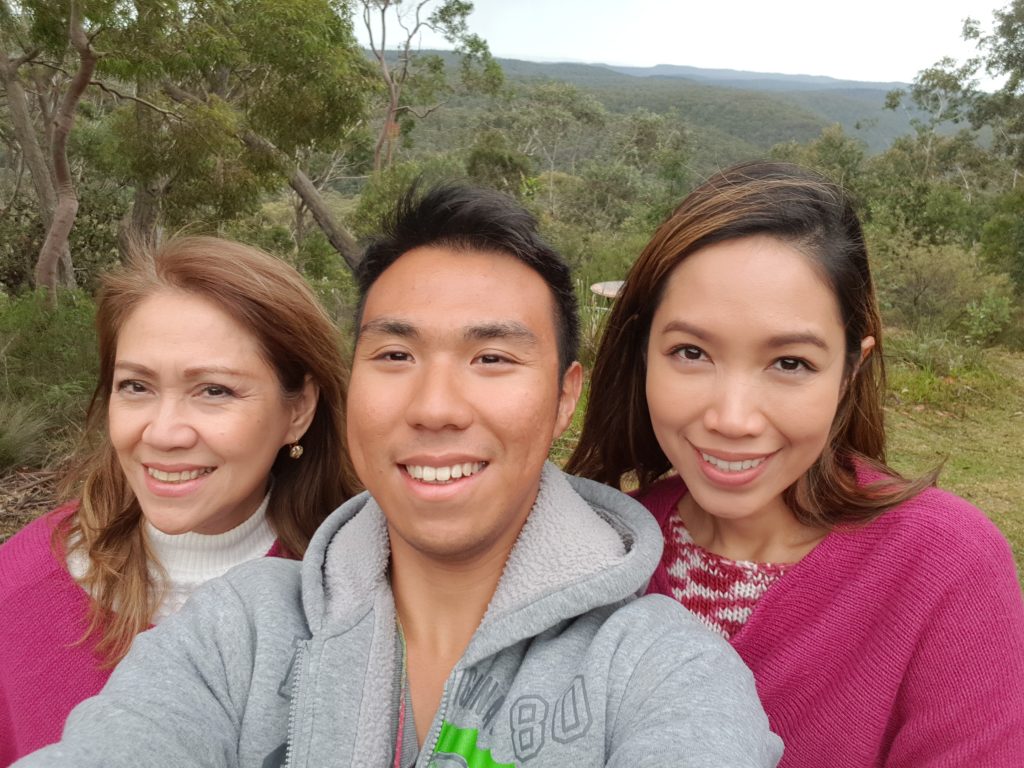
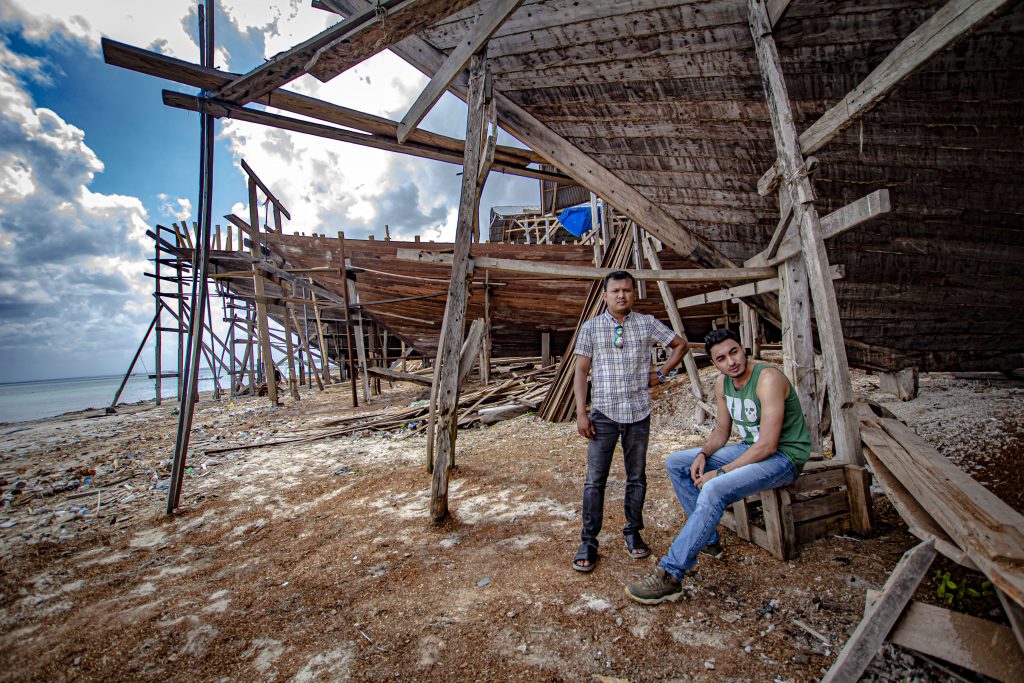
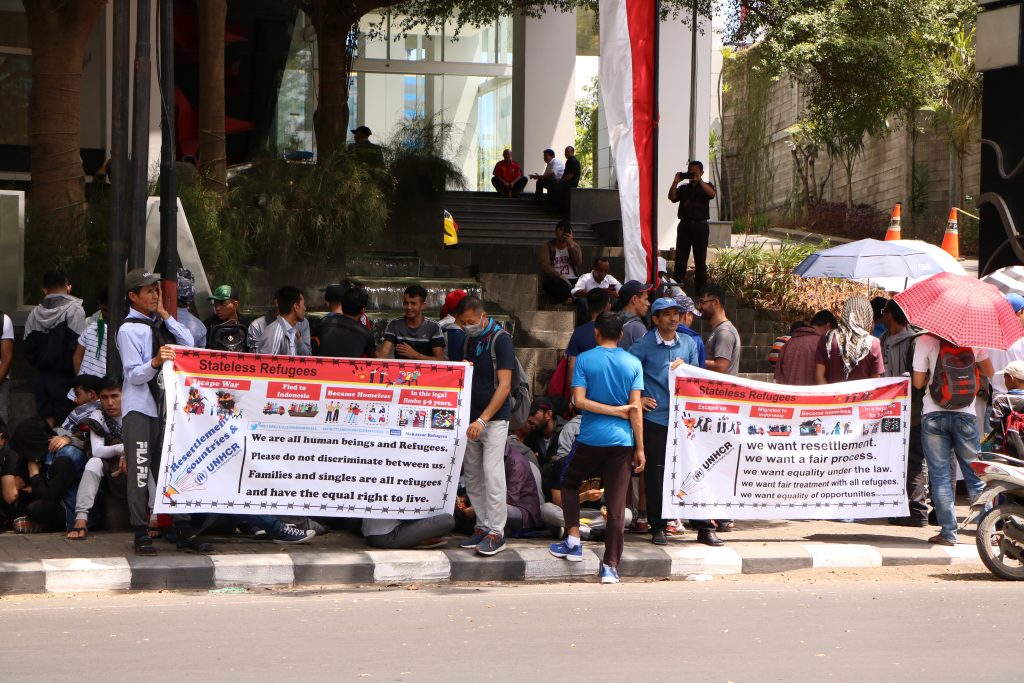
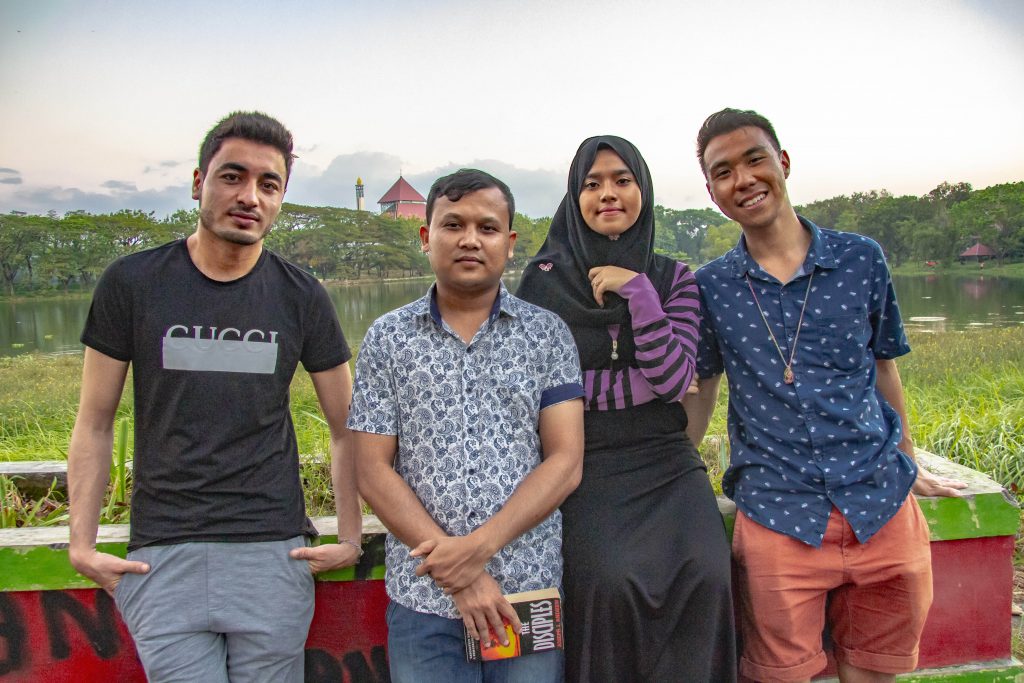
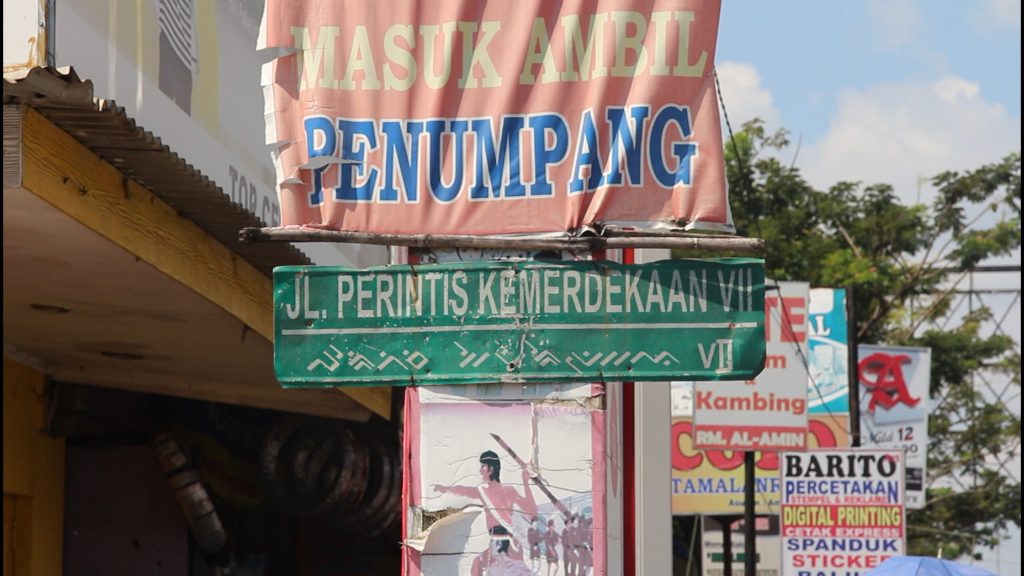
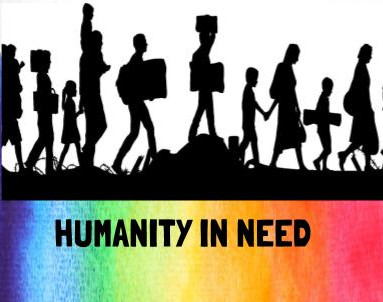
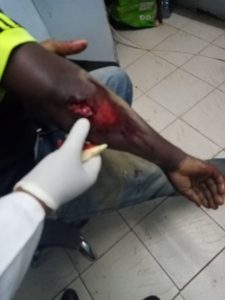 Consider just one story:
Consider just one story: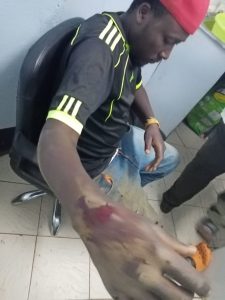 There are many others like the lesbian whose girlfriend’s parents poisoned their own daughter when they discovered she was gay. No wonder her surviving partner fled Uganda fearing her own parents would do the same only to find in the Kakuma refugee camp the danger of hatred from other refugees.
There are many others like the lesbian whose girlfriend’s parents poisoned their own daughter when they discovered she was gay. No wonder her surviving partner fled Uganda fearing her own parents would do the same only to find in the Kakuma refugee camp the danger of hatred from other refugees.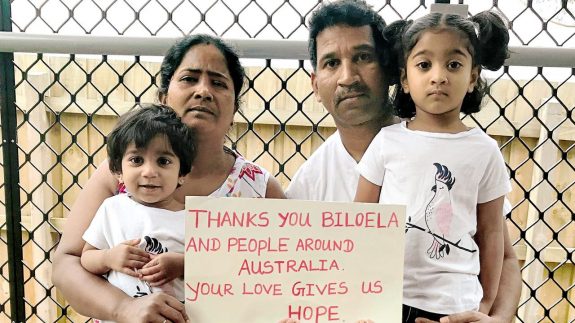
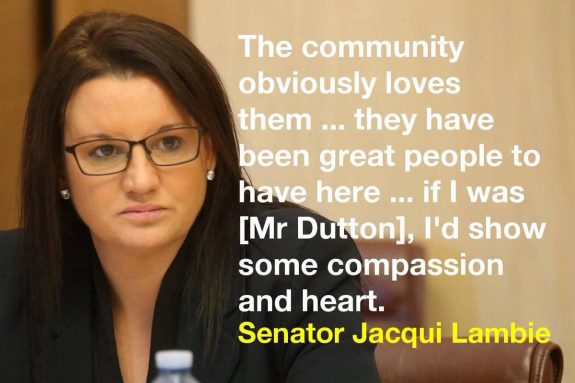
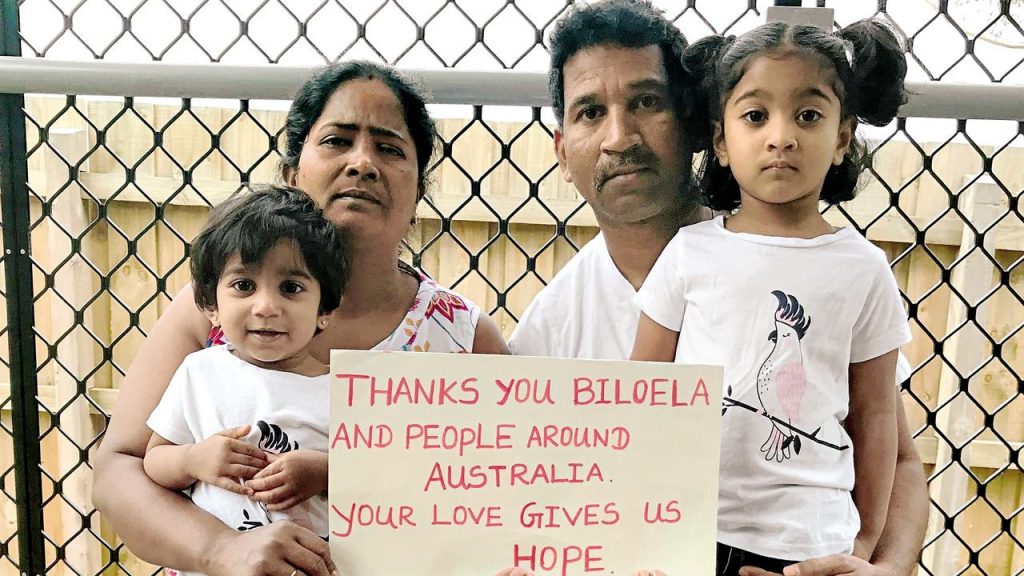
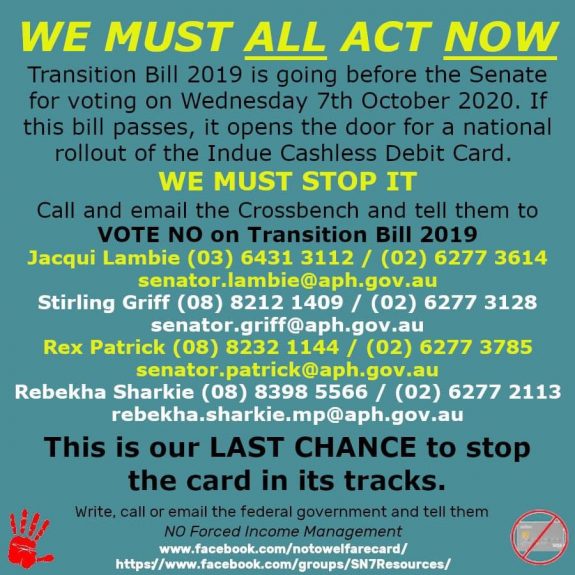
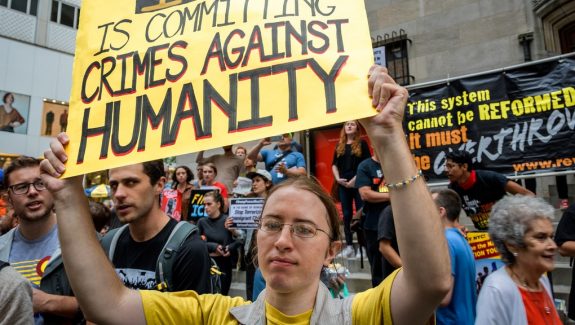
 Mikayla Chadwick is a Melbourne-based freelance writer, focused on human and legal rights, global affairs and popular culture. Mikayla holds a Bachelor of Arts Degree and is currently completing a research degree in sex work policy reform. To read more from Mikayla, check out her website: mikaylachadwick.com.
Mikayla Chadwick is a Melbourne-based freelance writer, focused on human and legal rights, global affairs and popular culture. Mikayla holds a Bachelor of Arts Degree and is currently completing a research degree in sex work policy reform. To read more from Mikayla, check out her website: mikaylachadwick.com.